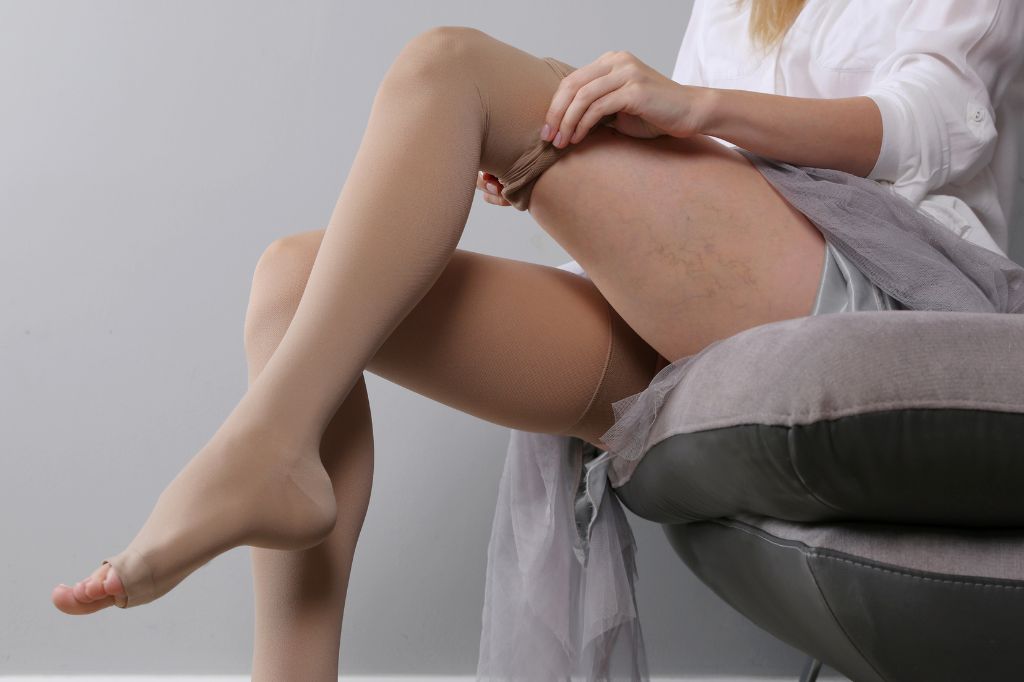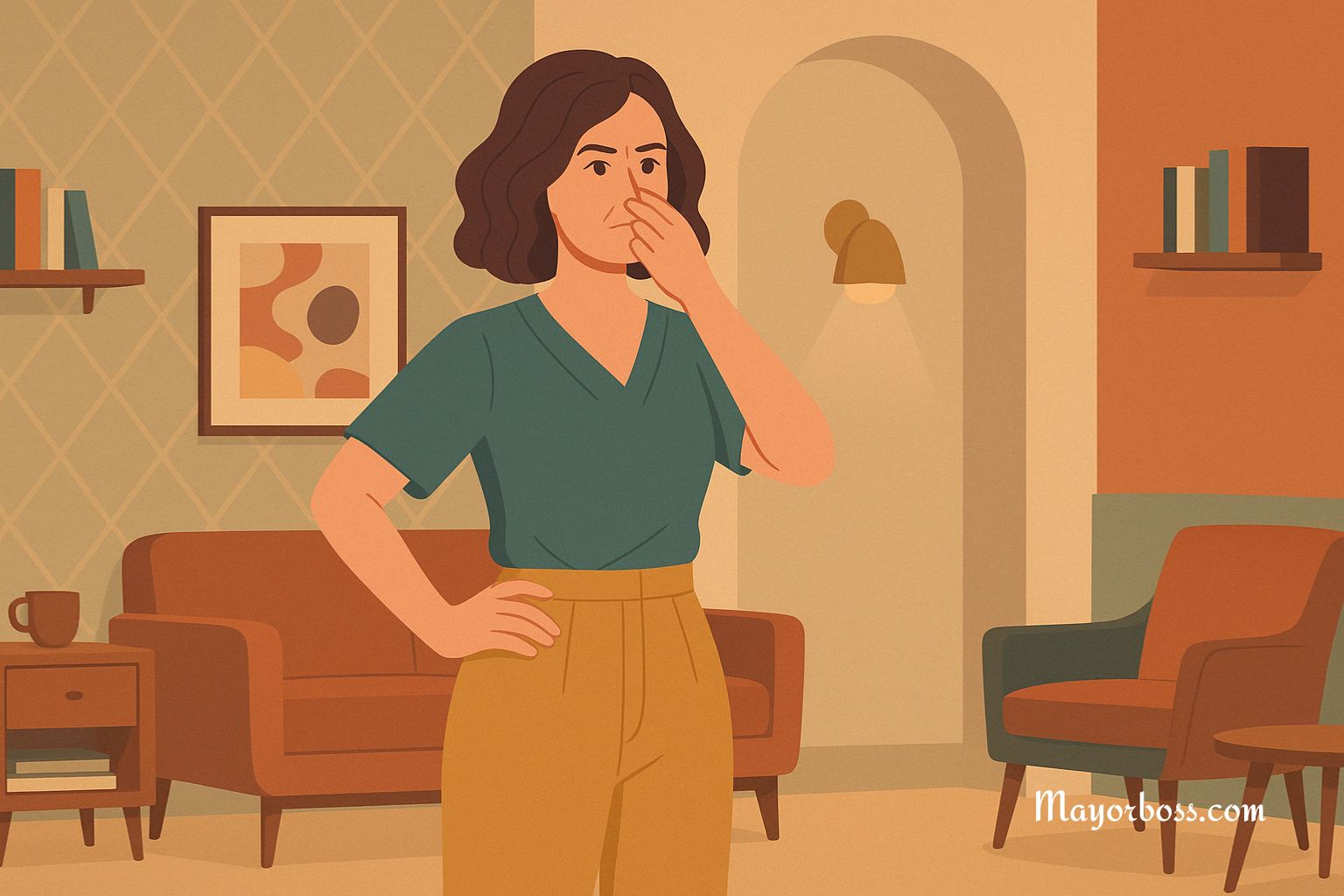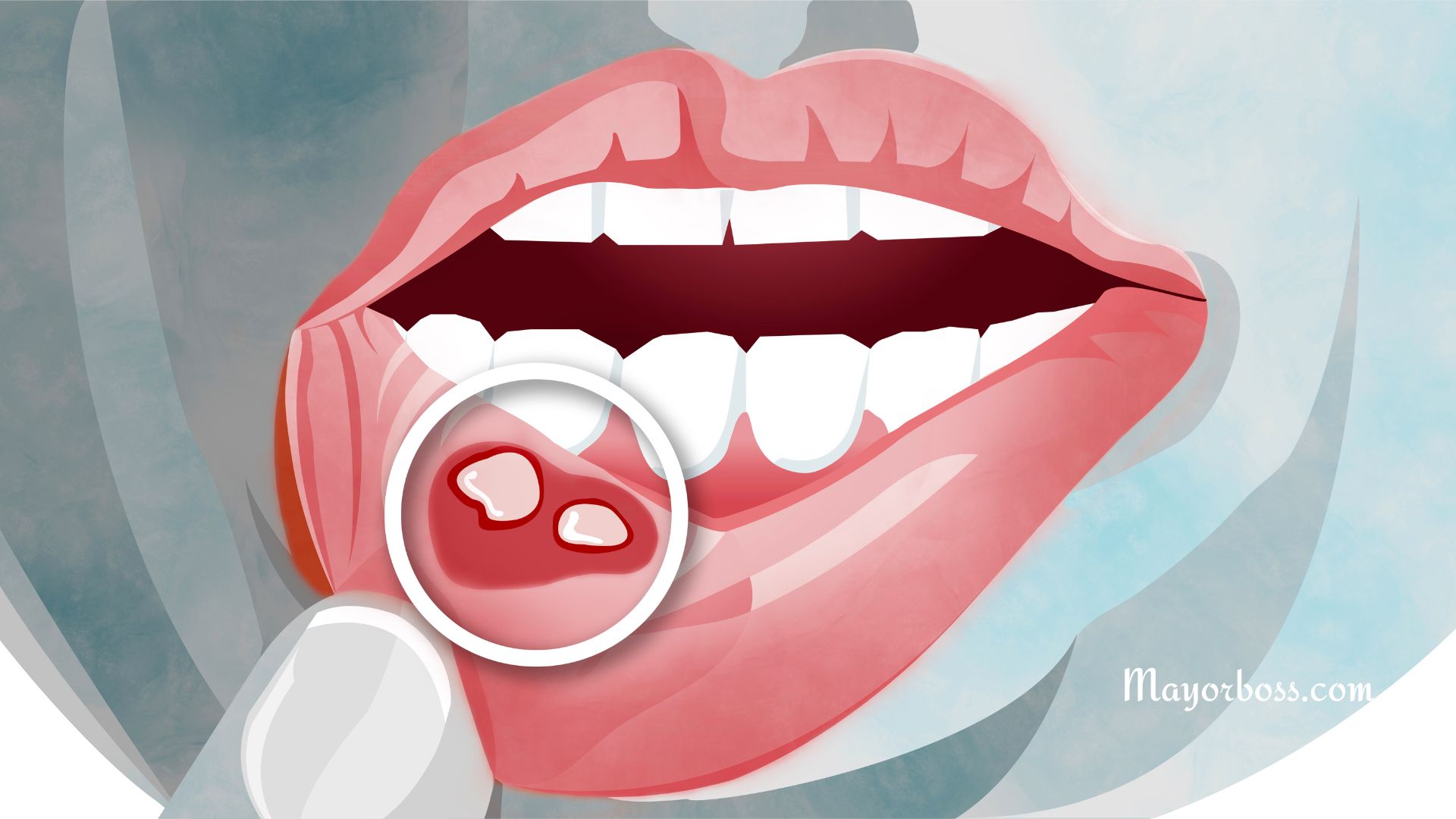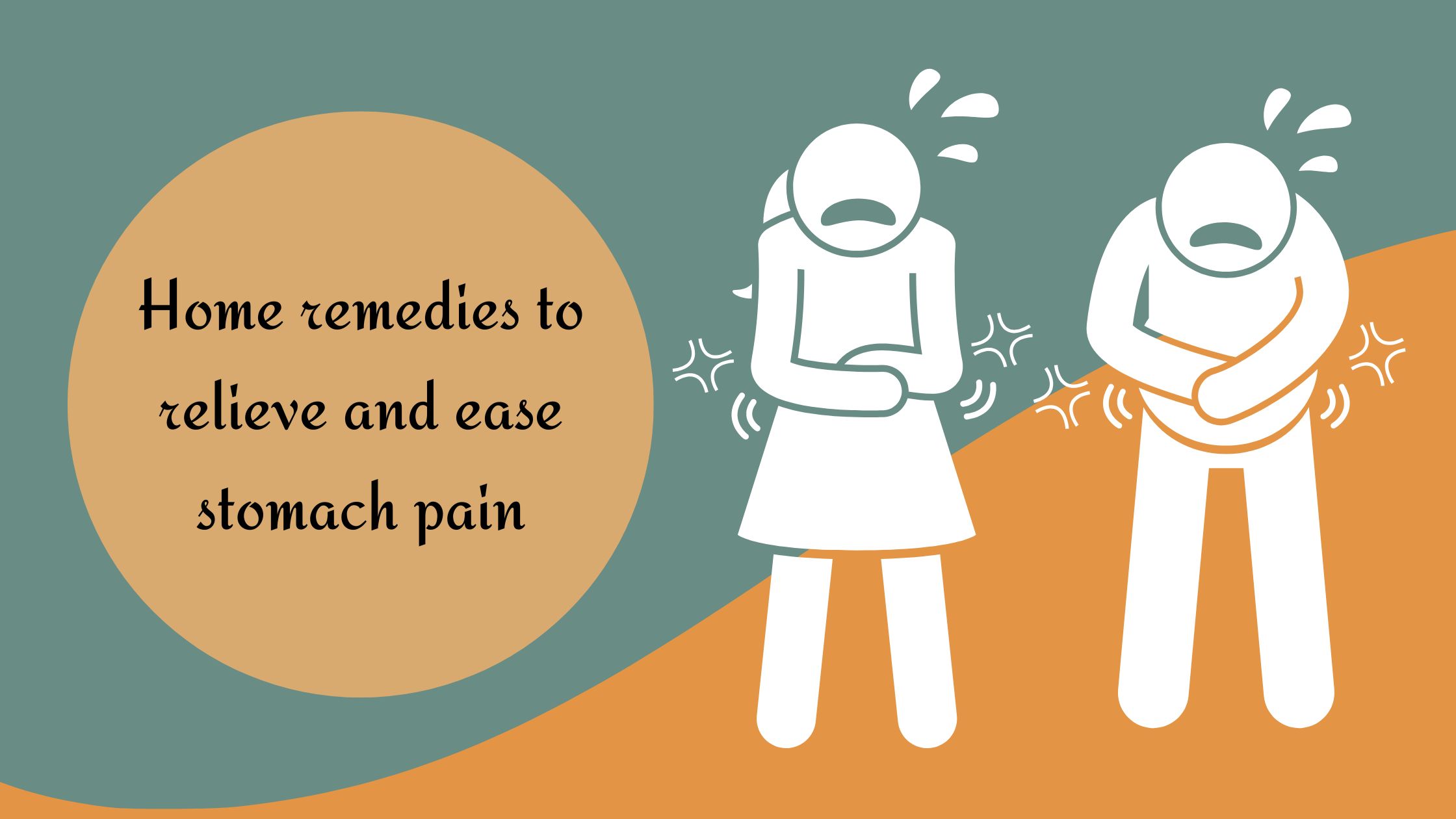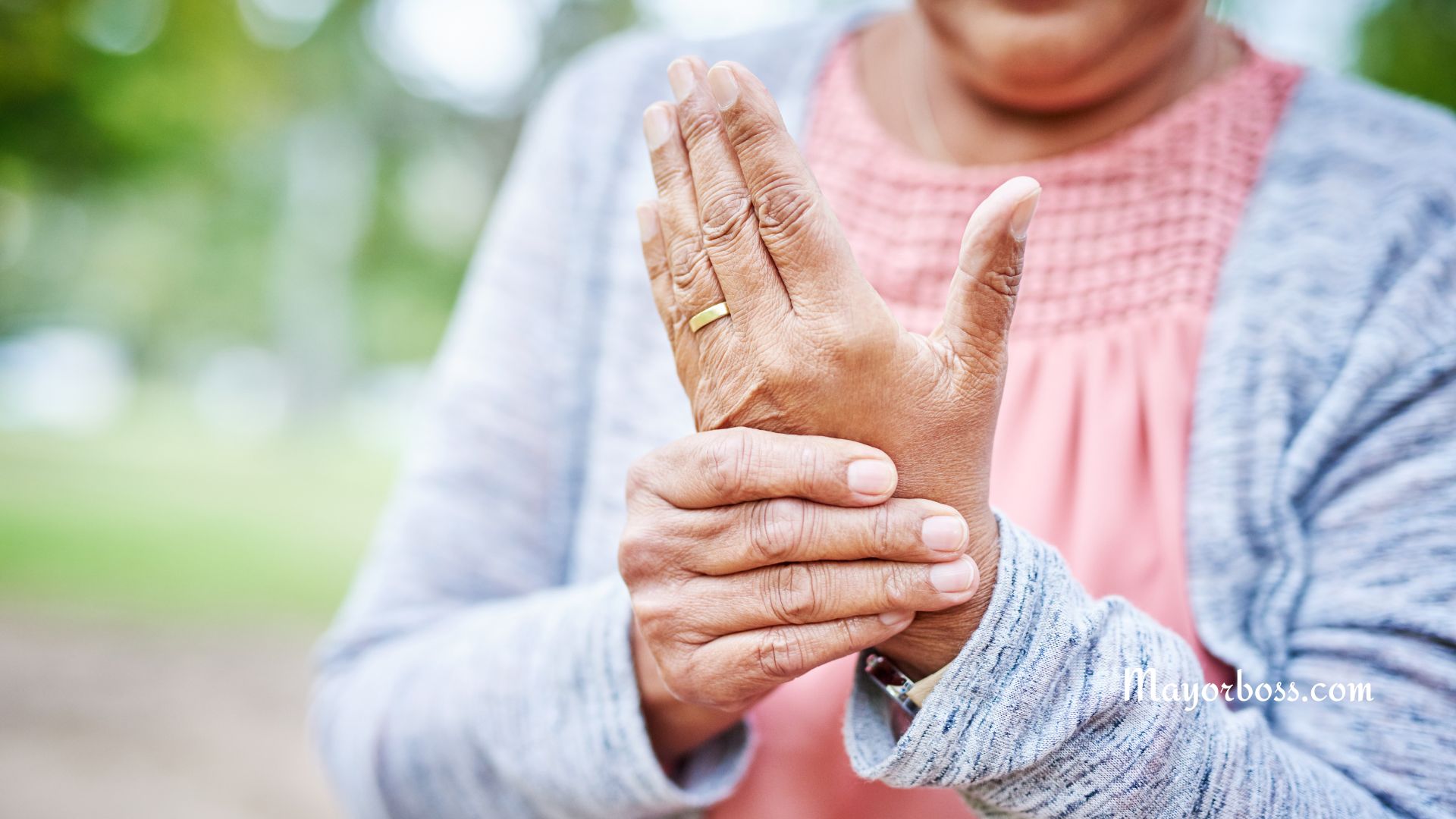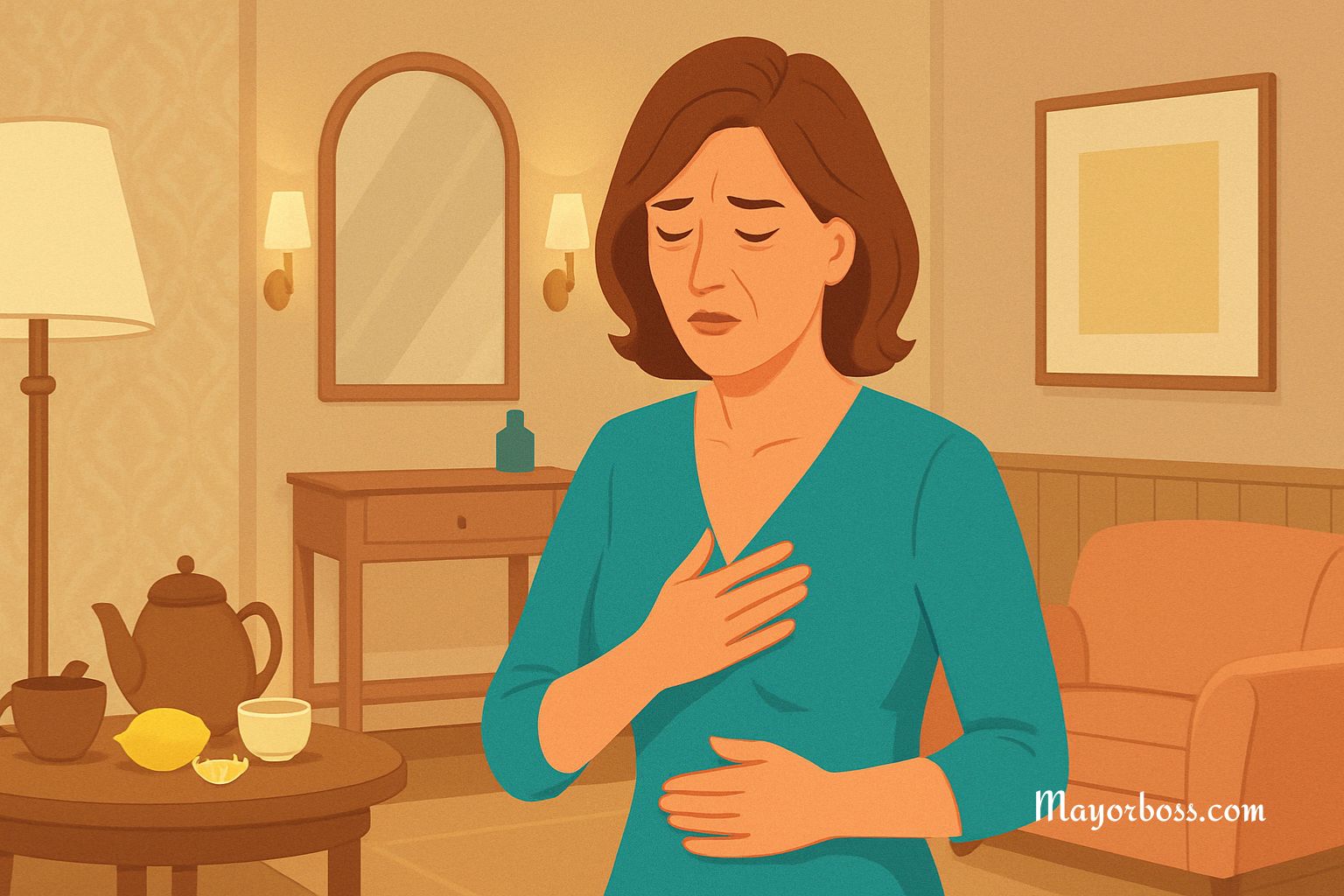How to Deal With Boils
- The best way to deal with boils is to use a clean cloth soaked in warm water and hold it against the boil for about 10 minutes several times a day.
- Once the pus comes out, clean the area around the boil with an antibacterial soap.
- Never try to pop or squeeze a boil yourself, as this can lead to infection.
- If the boil does not go away or you have multiple boils, see a doctor, as this could be a sign of a more serious infection.
A boil is a skin infection that starts in a hair follicle or oil gland.
The infection is usually caused by bacteria, such as staphylococcus, but viruses, fungi, or parasites can also cause it.
Boils are more common in people with compromised immune systems, diabetes, or poor hygiene.
In essence, boils can occur anywhere on the body, but they are most commonly found on the face, neck, armpits, shoulders, and buttocks.
They usually start as small, red bumps that grow larger and more painful over the course of a few days.
Boils typically reach their peak after about three to five days, at which point they will start to drain pus.
However, they usually heal on their own within two weeks, but boils can sometimes recur.
If the infection spreads to the bloodstream, it can cause a serious condition called sepsis. (1)
How to deal with boils
Boils can be painful, unsightly, and frustrating, but there are several things you can do to get rid of them.
- The first step is to clean the area with soap and warm water. This will help to remove any dirt or bacteria that may be causing the boil.
- Next, apply a warm compress to the area for 15-20 minutes three or four times a day. This will help to draw the pus to the surface and speed up the healing process.
- When the boil starts draining, clean it with soap and water.
- Then, apply an antibacterial ointment to the area to help prevent infection.
If the boil does not go away on its own after a week or two, you may need to see a doctor.
They can prescribe antibiotics or drain the boil if it is large.
Most boils will go away on their own with home treatment, but some may require medical intervention.
But remember this: Don’t pop or pick at the boil, as this can lead to infection.
Just let it run its course, and soon enough, you’ll be back to normal. (2, 3)
How to Prevent Boils
The best way to prevent boils is to practice good hygiene.
This means washing your hands regularly with soap and water and showering or bathing daily.
Be sure to clean any cuts or scrapes that you may have, as these can provide entry points for bacteria.
It is also important to avoid sharing towels, bedding, or clothes with someone who has a boil, staph infection, or carbuncle.
If you have a medical condition that puts you at risk for boils, such as diabetes, be sure to keep your condition under control.
This means taking your medications as prescribed and seeing your doctor regularly.
By following these simple tips, you can help to prevent boils and other skin infections. (4)
Summary
You can generally treat boils at home by cleaning the area and applying a warm compress to help draw out the pus.
In some cases, if the boil does not go away after a week or two, they can prescribe antibiotics or drain the boil.
It is important to practice good hygiene to prevent boils by washing your hands and showering regularly.

